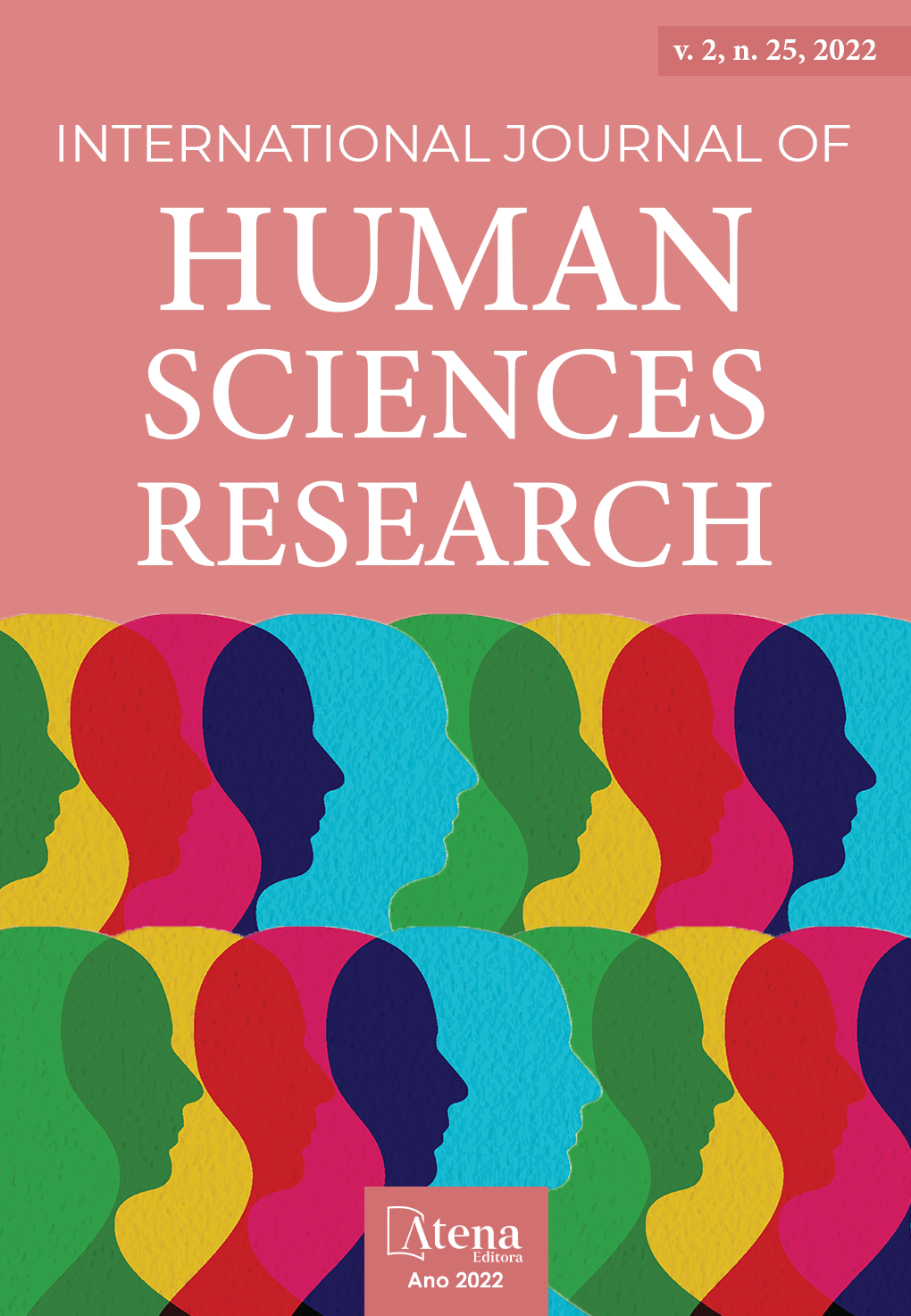
PSYCHO-EDUCATIONAL ASSESSMENT IN EARLY CHILDHOOD EDUCATION: CONTRIBUTIONS OF HISTORICAL-CULTURAL THEORY
With the recognition of Early Childhood Education institutions as part of School Education, these contexts become responsible for the intentional and planned transmission of the production of historically and socially systematized knowledge by humanity. In addition to questions regarding what to teach in Early Childhood Education, there is also a demand for children who are referred for psychoeducational assessment and/or other health services, with school complaints, usually related to aggressive behavior, agitated children and with extreme difficulties in paying attention. To have Historical-Cultural Psychology as a theoretical framework, it is necessary to understand human development as a historical process and a product of social life, especially when referring to the evaluation of behavioral complaints in preschool children. This study aims to discuss and analyze the processes of child development in the face of referrals for psychoeducational assessment in Early Childhood Education, for that, reflections are carried out that intend to build a relationship between practical action and theoretical knowledge, in a movement that seeks greater awareness of the school team about its transforming role of reality and about the development and learning processes.
PSYCHO-EDUCATIONAL ASSESSMENT IN EARLY CHILDHOOD EDUCATION: CONTRIBUTIONS OF HISTORICAL-CULTURAL THEORY
-
DOI: 10.22533/at.ed.5582252210089
-
Palavras-chave: psychoeducational assessment, cultural-historical theory, child development.
-
Keywords: psychoeducational assessment, cultural-historical theory, child development.
-
Abstract:
With the recognition of Early Childhood Education institutions as part of School Education, these contexts become responsible for the intentional and planned transmission of the production of historically and socially systematized knowledge by humanity. In addition to questions regarding what to teach in Early Childhood Education, there is also a demand for children who are referred for psychoeducational assessment and/or other health services, with school complaints, usually related to aggressive behavior, agitated children and with extreme difficulties in paying attention. To have Historical-Cultural Psychology as a theoretical framework, it is necessary to understand human development as a historical process and a product of social life, especially when referring to the evaluation of behavioral complaints in preschool children. This study aims to discuss and analyze the processes of child development in the face of referrals for psychoeducational assessment in Early Childhood Education, for that, reflections are carried out that intend to build a relationship between practical action and theoretical knowledge, in a movement that seeks greater awareness of the school team about its transforming role of reality and about the development and learning processes.
-
Número de páginas: 11
- Débora Nogueira Tomas


